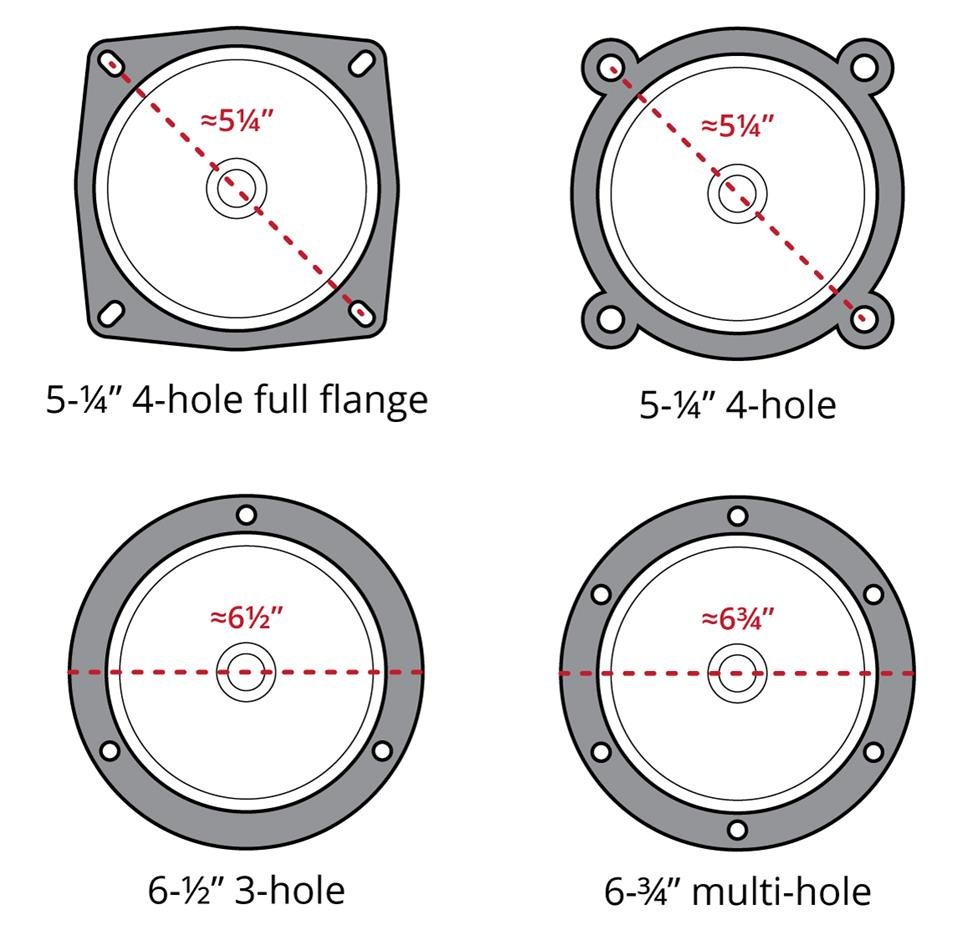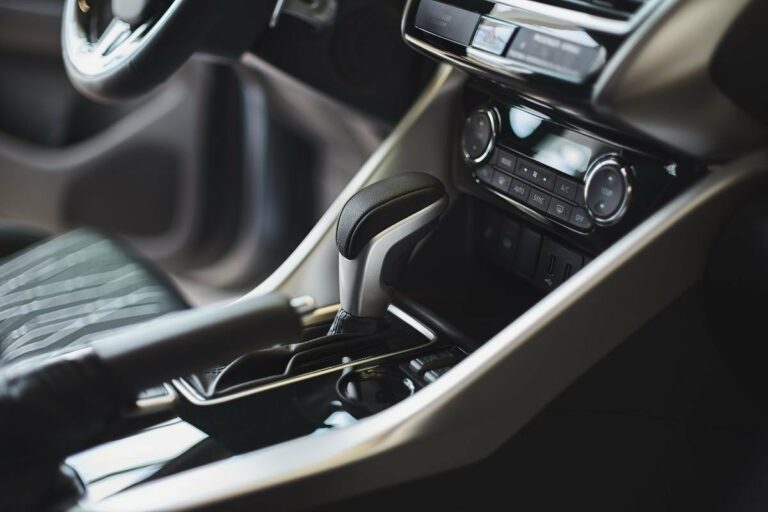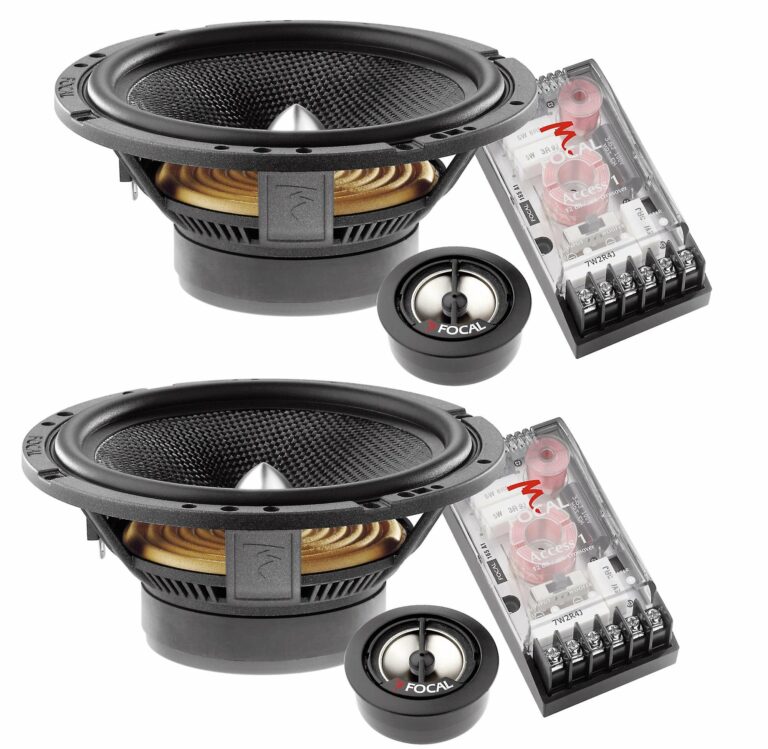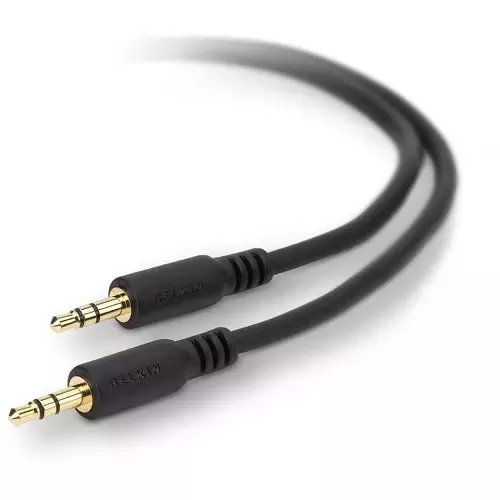How to Know What Speakers Fit My Car
Today we discuss How to Know What Speakers Fit My Car. You’re not alone. Choosing the right speakers for your car can be a bit overwhelming, especially with the wide variety of options available. But worry not, we’ve got you covered on how to know what speakers fit your car! In this article, we’ll walk you through the process of finding the perfect speakers that will not only fit your vehicle but also enhance your audio experience on the road. Let’s dive in!
How to Know What Speakers Fit My Car
When it comes to upgrading your car’s audio system, one of the most important factors to consider is the type of speakers that will fit your vehicle. Choosing the right speakers can greatly enhance your listening experience and improve the overall sound quality in your car. However, with so many options available in the market, it can be overwhelming to determine which speakers are compatible with your car. In this article, we will guide you through the process of knowing what speakers fit your car, helping you make an informed decision and enjoy a superior audio experience on the road.
1. Identify Your Car’s Speaker Size
The first step in determining what speakers fit your car is to identify the size of the existing speakers. This information can usually be found in your vehicle’s owner’s manual or by conducting a quick online search for your car’s make, model, and year. The most common speaker sizes are 6.5 inches, 6×9 inches, and 5.25 inches, but it’s important to verify the exact measurements.
Tips:
- Use a measuring tape to measure the diameter of the speaker’s cone and the depth of the mounting area.
- If you’re unsure about the measurements, consult a professional car audio installer who can guide you in finding the right fit.
2. Determine the Speaker Type
In addition to size, it’s essential to identify the type of speakers that are compatible with your car. The two most common types are component speakers and coaxial speakers. Component speakers consist of separate tweeters, woofers, and crossovers, allowing for better sound imaging and customization. Coaxial speakers, on the other hand, combine the tweeter and woofer in one unit, making them easier to install and more budget-friendly.
Tips:
- Consider your budget, desired sound quality, and level of customization when choosing between component and coaxial speakers.
- Check the speaker mounting locations in your car to determine if they can accommodate component speakers or if coaxial speakers are a better fit.
3. Review Power Handling Requirements
Understanding the power handling capabilities of your car’s audio system is crucial before selecting speakers. Power handling refers to the amount of power a speaker can handle without distorting the sound or causing damage. This information can typically be found in your car’s owner’s manual or by checking the specifications of your current speakers.
Tips:
- Match the power handling capabilities of the new speakers to your car’s audio system. If the speakers have a lower power handling capacity, they may not reach their full potential. Conversely, if the speakers have a higher power handling capacity, they may overpower your system or even cause damage.
- Consider upgrading your amplifier or head unit if you plan to install speakers with higher power handling requirements.
4. Check for Compatibility with Existing Wiring and Connectors
Before purchasing new speakers, it’s essential to ensure that they are compatible with your car’s existing wiring and connectors. Some vehicles may have unique wiring systems or connectors that require adapters or modifications for the new speakers to work properly.
Tips:
- Research and familiarize yourself with your car’s wiring system and connectors.
- Consult with car audio professionals or refer to online forums specific to your car’s make and model to gather information about any potential compatibility issues.
5. Consider Other Factors Influencing Speaker Compatibility
While size, type, power handling, and wiring compatibility are crucial factors to consider, there are a few other considerations that may influence the compatibility of speakers with your car:
a. Mounting Depth:
- Measure the depth of the speaker mounting area in your car to ensure that the new speakers can fit properly without interfering with other components or structures.
b. Speaker Enclosures:
- If you are considering installing subwoofers or other specialized speakers that require enclosures, make sure you have enough space in your car for the enclosures without compromising on comfort or cargo space.
c. Budget:
- Set a budget for your speaker upgrade and consider the price range of speakers that fit your car. Remember to prioritize quality and performance over affordability alone.
d. Sound Preferences:
- Consider your personal sound preferences and music genres you enjoy. Different speakers can produce varying sound characteristics, such as enhanced bass or more balanced audio.
6. Consult with Professionals
If you are still unsure about what speakers fit your car, it’s always beneficial to consult with professionals in the car audio industry. Car audio retailers or installation centers often have experienced staff who can provide expert advice and recommend suitable speakers for your specific vehicle.
Car Audio: Car Speaker Size Guide
Frequently Asked Questions
How do I know what speakers will fit my car?
To determine the speakers that will fit your car, you can follow these steps:
What factors should I consider when choosing speakers for my car?
When selecting speakers for your car, keep in mind the following factors:
Can I replace the factory speakers in my car with aftermarket ones?
Yes, it is generally possible to replace the factory speakers in your car with aftermarket ones. However, it is important to ensure that the new speakers are compatible with your vehicle’s specifications.
How do I find out the speaker size of my car?
To determine the speaker size of your car, you can check the owner’s manual, visit the manufacturer’s website, or consult a trusted car audio professional.
Do I need to make any modifications to my car to install new speakers?
In some cases, you may need to make modifications to your car to install new speakers. This can involve using speaker adapters or brackets, or even re-wiring the speaker connections. It is recommended to consult a professional for assistance if you are unsure.
Are all car speakers compatible with any car?
No, not all car speakers are compatible with any car. Different cars have different specifications and mounting locations for speakers. It is important to ensure that the speakers you choose are specifically designed to fit your car model.
Can I install car speakers myself, or do I need professional help?
While it is possible to install car speakers yourself, it may require some technical expertise, especially if modifications or wiring changes are necessary. If you are unsure or uncomfortable with the installation process, it is recommended to seek the assistance of a professional car audio installer.
Final Thoughts
Knowing which speakers fit your car is crucial for an optimal audio experience. Start by measuring the available space in your car and identifying the speaker size and configuration. Next, consider the power handling capabilities of your car’s audio system and select speakers that match or exceed those specifications. Additionally, check the mounting depth and shape of the speakers to ensure compatibility with your car’s doors or dash. Research and read reviews from reputable sources to gather insights on the best speaker options for your car. By following these steps, you can successfully determine what speakers fit your car and enjoy superior sound quality on your journey.






